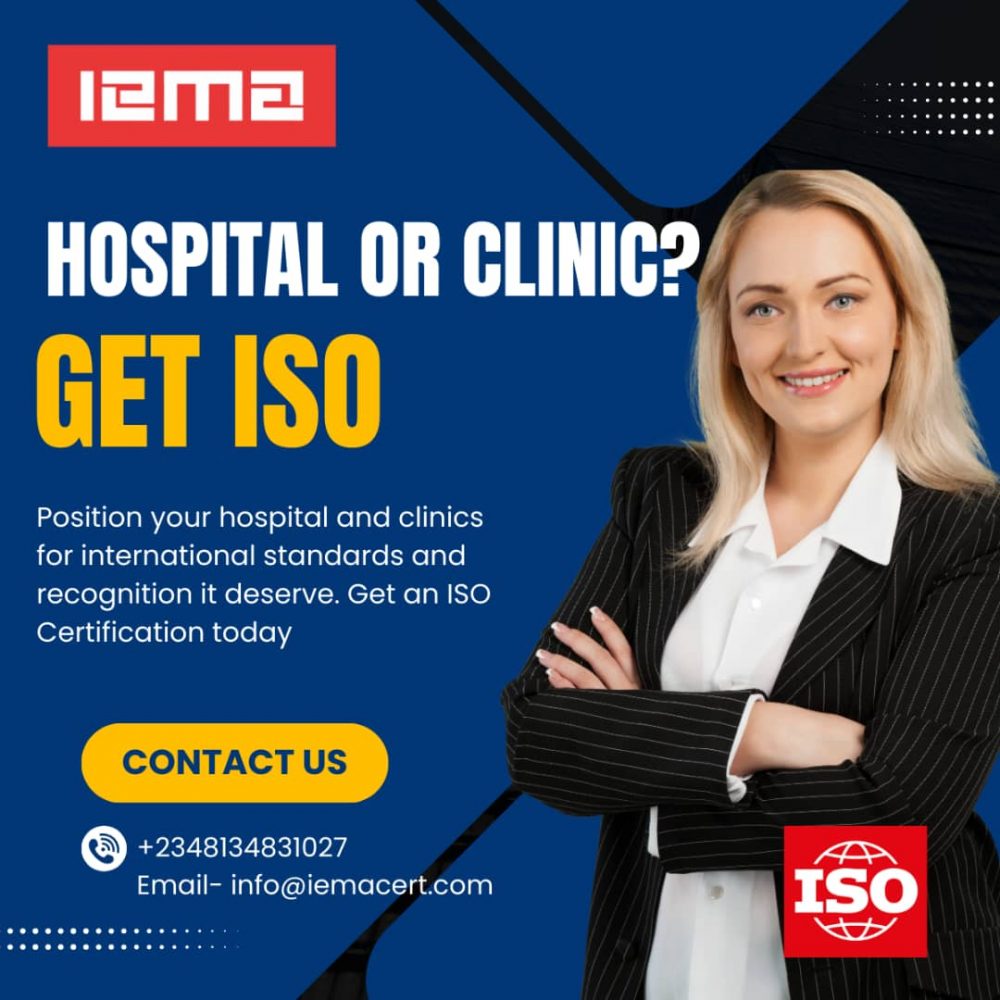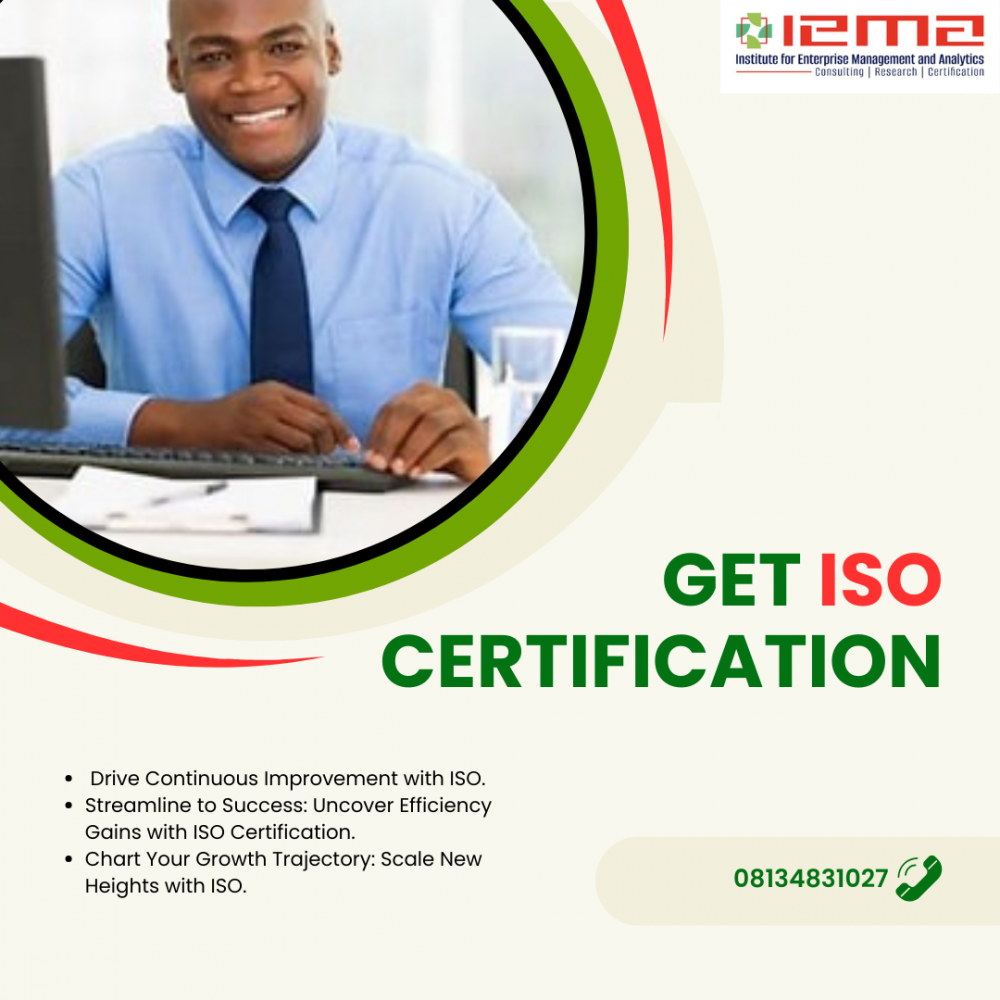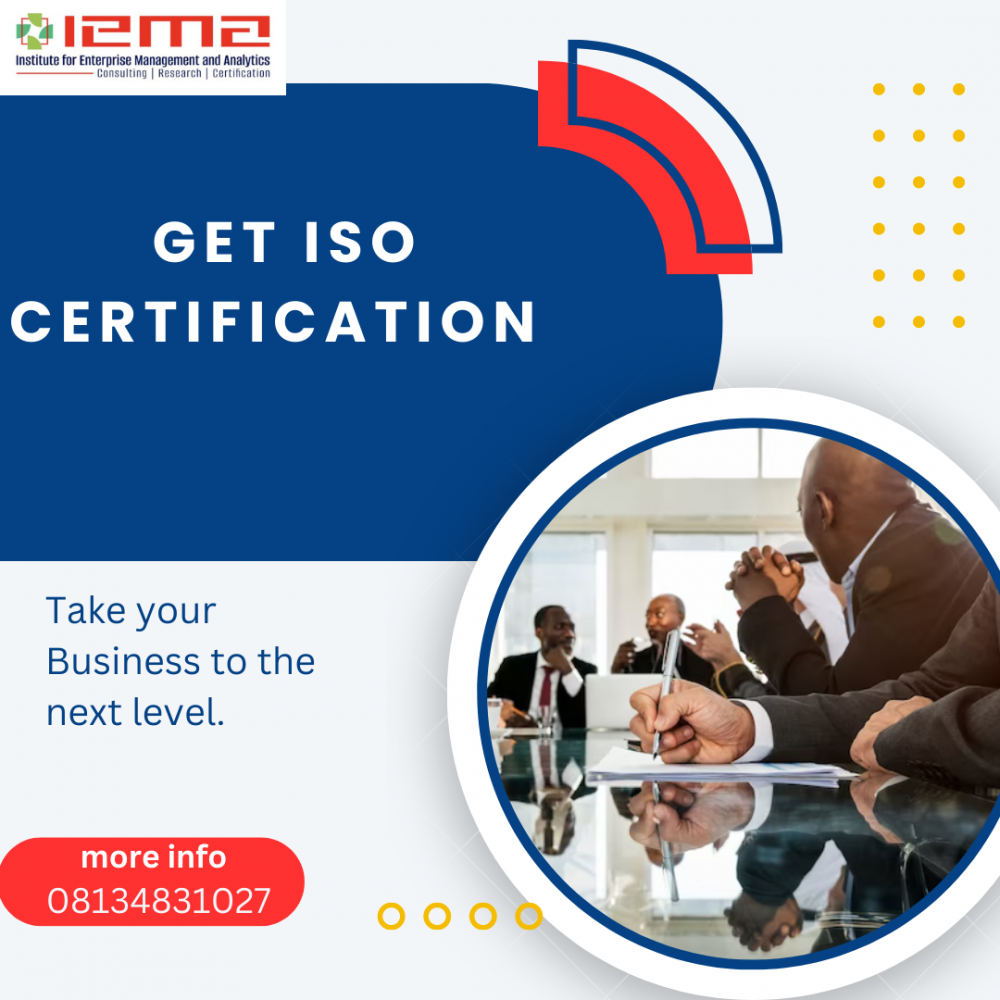Introduction
Customer satisfaction and trust are pivotal to the success and growth of any business. ISO 9001:2015, the international standard for quality management systems, plays a crucial role in enhancing these elements by promoting consistent quality, continuous improvement, and customer focus. This article explores how ISO 9001:2015 enhances customer satisfaction and trust, and why businesses should consider implementing this standard.
1. Consistent Quality
Standardized Processes: ISO 9001:2015 requires organizations to establish standardized processes and procedures, ensuring that products and services meet consistent quality criteria. This consistency reduces variability and defects, leading to higher customer satisfaction.
Quality Control and Assurance: The standard emphasizes rigorous quality control and assurance measures. By implementing these measures, organizations can identify and rectify issues before products reach the customer, ensuring a higher level of quality and reliability.
2. Customer Focus
Understanding Customer Needs: ISO 9001:2015 places a strong emphasis on understanding customer needs and expectations. By actively seeking customer feedback and incorporating it into the quality management system, organizations can tailor their products and services to better meet customer demands.
Customer Communication: Effective communication with customers is a key aspect of ISO 9001:2015. By maintaining open lines of communication, organizations can better understand customer concerns, provide timely updates, and build stronger relationships.
3. Continuous Improvement
Plan-Do-Check-Act (PDCA) Cycle: ISO 9001:2015 encourages the use of the PDCA cycle for continuous improvement. By continually assessing and improving processes, organizations can enhance their efficiency, reduce waste, and deliver higher-quality products and services.
Corrective and Preventive Actions: The standard requires organizations to implement corrective and preventive actions to address non-conformities and potential issues. This proactive approach helps prevent recurring problems, ensuring a higher level of customer satisfaction.
4. Enhanced Trust
Credibility and Reputation: ISO 9001:2015 certification is recognized globally as a mark of quality. Achieving this certification enhances an organization’s credibility and reputation, fostering greater trust among customers, partners, and stakeholders.
Transparency and Accountability: The standard promotes transparency and accountability in organizational processes. By documenting and demonstrating compliance with quality management principles, organizations can build trust with customers, who can be confident in the reliability and integrity of their products and services.
5. Risk Management
Identifying and Mitigating Risks: ISO 9001:2015 requires organizations to identify and address risks that could impact product quality and customer satisfaction. By proactively managing these risks, organizations can prevent potential issues that could erode customer trust.
Business Continuity: Effective risk management contributes to business continuity, ensuring that organizations can consistently deliver products and services even in the face of challenges. This reliability further enhances customer trust.
6. Employee Engagement and Competence
Training and Development: ISO 9001:2015 emphasizes the importance of employee competence and training. By investing in employee development, organizations can ensure that their workforce is skilled and capable of maintaining high-quality standards, leading to better customer experiences.
Employee Involvement: Engaging employees in the quality management process fosters a culture of quality and accountability. When employees are committed to delivering quality, it translates into better customer service and satisfaction.
7. Market Differentiation
Competitive Advantage: ISO 9001:2015 certification can provide a competitive advantage by differentiating an organization from its competitors. Customers are more likely to choose a certified company over non-certified ones, knowing that the certified company adheres to internationally recognized quality standards.
Access to New Markets: Many industries and markets require ISO 9001:2015 certification as a prerequisite for doing business. By achieving certification, organizations can access new markets and customer segments, driving growth and enhancing customer trust.
Conclusion
ISO 9001:2015 plays a vital role in enhancing customer satisfaction and trust by promoting consistent quality, customer focus, continuous improvement, and risk management. By implementing this standard, organizations can build stronger relationships with their customers, enhance their reputation, and gain a competitive edge in the marketplace. As customer expectations continue to rise, the importance of ISO 9001:2015 in driving customer satisfaction and trust will only grow, making it an essential component of any successful business strategy.





Leave a Reply